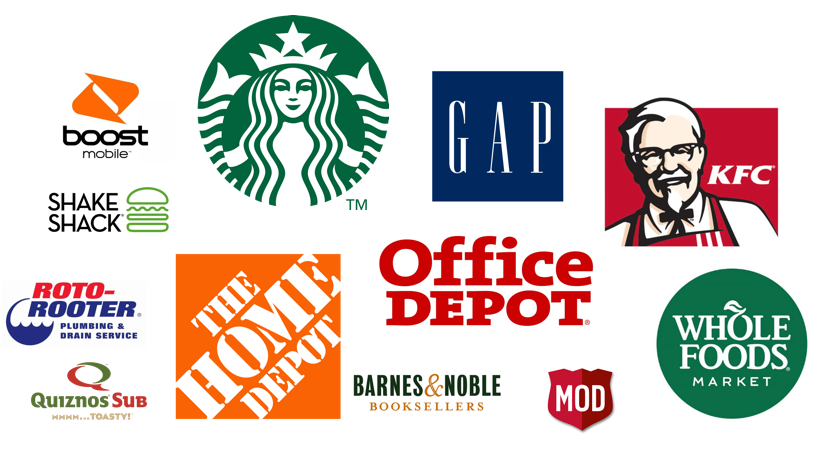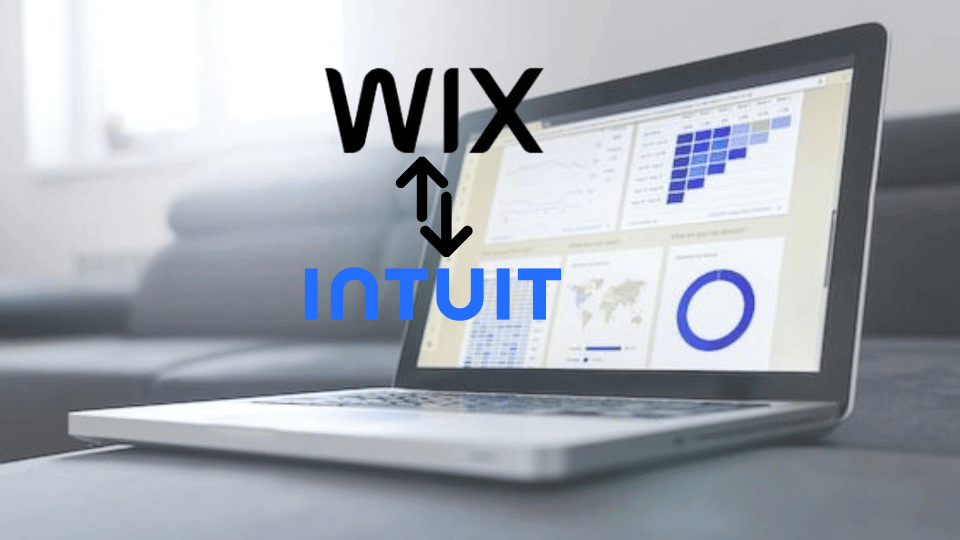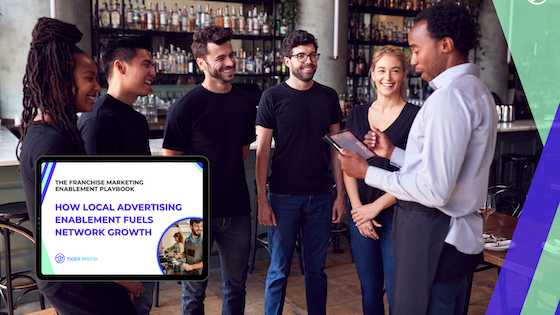On last week’s LSA webinar with MomentFeed CEO Nick Hedges, “Proximity Search Optimization is the New Norm,” a number cited in the course of the discussion stood out. According to MomentFeed, two-thirds of web searches conducted today are “unbranded”, meaning the consumer did not enter a brand name in the search query. And unbranded search will continue to eat up a larger share of the search pie.
The explanation for why this has happened is fairly simple. Unbranded searches, which also tend to be more complex queries, produce richer results. And this has become truer over time.
The more interesting questions are, does this trend in any way favor local businesses or lesser-known brands? And are brands in any way “fighting the last war” with so much media spend focused on brand building (top of funnel)? The answers to these questions are complicated.

“I don’t think [the growth in unbranded search] talks to a lessening of the importance of brands per se,” Nick said on the webinar. “But what it does talk to is that consumers have been trained by these devices that they will get a more useful result if they do not specify [a brand].”
This new-ish mode of search creates opportunities for the discovery of alternatives to the brand the searcher may intend to patronize, even if that brand isn’t included in the search query.
“They know they want to drink coffee, and they probably know they want to go to a particular coffee shop, but hey, why not see what is closer? Maybe there is another option to consider.”
Nick says the searcher’s motivation comes into play when choosing branded vs unbranded search.
“It’s all about the interplay between convenience and experience,” Nick said. “When convenience is the driver, it tends to be an unbranded search. When experience does matter, the brand comes into play.”

On a recent LSA Webinar, MomentFeed CEO Nick Hedges discusses why unbranded search has become the new normal, and how brands should adapt.
On a recent Above the Cloud podcast, Synup SVP for Growth Brett House also talked about how the rise in unbranded search creates more opportunities for discovery that may benefit small businesses and challenger brands.
“People’s searches are more unbranded but also more detailed,” Brett said. “For brands to manage this takes a deeper look into how people are searching.”
Brett said this underscores the need to have robust digital profiles (e.g., social media, GMB), which while further down-funnel in nature, still have importance for brand building, especially for “aspirational brands” that haven’t yet achieved the name ID of their bigger rivals.
Digital profiles are seen as an ‘intent marketing” medium, Brett argues, since they contain information helpful to those who know what they are looking for. Yet brand discovery does take place in those down funnel searches, something aspirational brands like Blaze Pizza or Shake Shack can benefit from if their local information is fully optimized.
“If you are trying to complete with the 400 lb whales, you need to be found the way people are searching for you, and that may be the only way people find out who you are,” Brett said, noting diminished linear televisions viewing, particularly among younger consumers, means brand discovery is less likely to come via traditional brand advertising. That discovery, once limited to the top of the funnel, is now taking place at different places along the path to purchase.

On a recent LSA Podcast, Synup SVP, Growth, Brett House argues that the growth in unbranded search means brand discovery now often takes place further down the sales funnel than in the past.
The message for brands from both of these conversations is similar. Brand building is still incredibly important. However, brands need to optimize for the ways consumers are searching today. And that is less about brands, and more about proximity, authenticity, and accuracy.
Tomorrow we will go into more detail about what it means to optimize for this new consumer search paradigm.
Be the first to hear news about Local, events, and research. Click here to subscribe for updates from the LSA.




